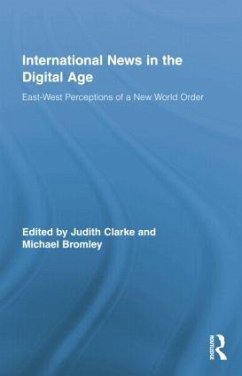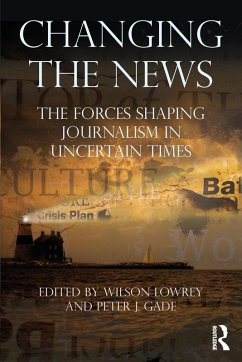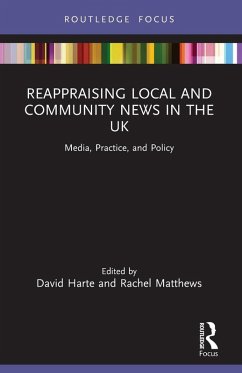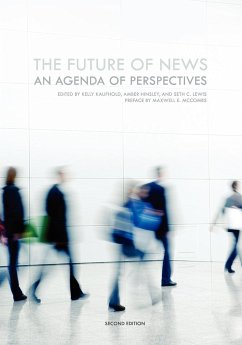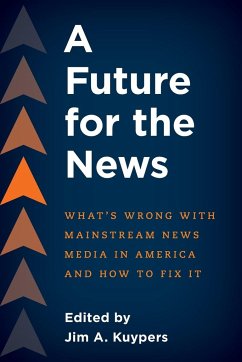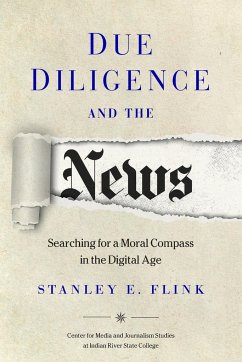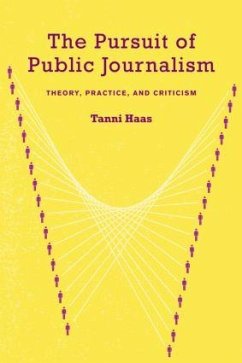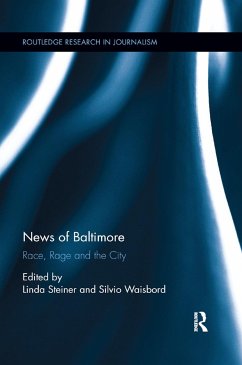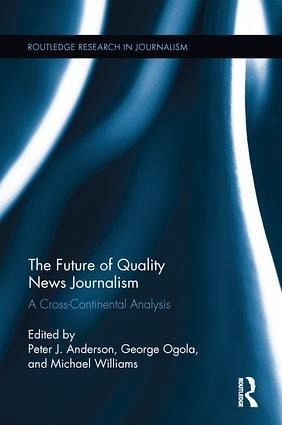
The Future of Quality News Journalism
A Cross-Continental Analysis
Herausgeber: Anderson, Peter J.; Ogola, George; Williams, Michael
Versandkostenfrei!
Versandfertig in 1-2 Wochen
57,99 €
inkl. MwSt.

PAYBACK Punkte
29 °P sammeln!
In the face of the continuously changing challenges of the digital age, it is difficult for quality news journalism to survive on any significant scale if a means for adequately funding it is not available. This new study, a follow-up to 2007's The Future of Journalism in the Advanced Democracies, includes a comparative analysis of possible alternative business models that may save the future of the quality news business across the developed, intermediate, and developing worlds. Its detailed evaluation encompasses also the different ways in which wider key issues are affecting the prospects fo...
In the face of the continuously changing challenges of the digital age, it is difficult for quality news journalism to survive on any significant scale if a means for adequately funding it is not available. This new study, a follow-up to 2007's The Future of Journalism in the Advanced Democracies, includes a comparative analysis of possible alternative business models that may save the future of the quality news business across the developed, intermediate, and developing worlds. Its detailed evaluation encompasses also the different ways in which wider key issues are affecting the prospects for quality news as a core ingredient of effectively working democracies. It focuses on the United States, the United Kingdom, South Africa, India, Kenya, and selected parts of the Arab World, providing a comprehensive cross-cultural survey of different approaches to addressing these various issues. To keep the study firmly rooted in the "real world" the contributors include distinguished practitioners as well as experienced academics.






